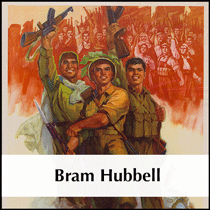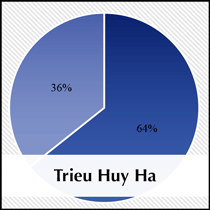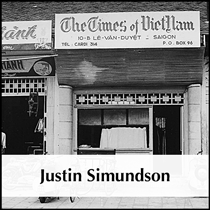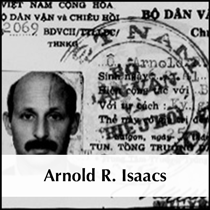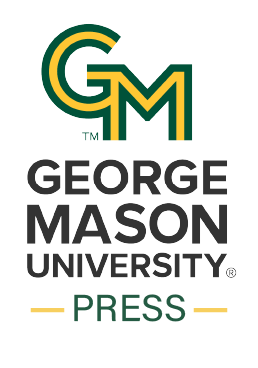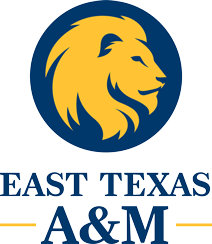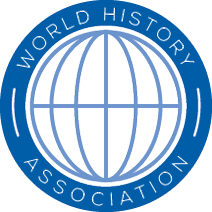Editorial Team

Cynthia Ross is the Editor for World History Connected and an Assistant Professor of History at East Texas A&M University near Dallas, Texas. She earned her doctoral degree from Washington State University in 2011, with specializations in World History, War and Society, Environmental History, Food History, and American Empire. She has extensive experience teaching World History, U.S. History from a global perspective, historiography and theory, and courses in her specializations to diverse student populations including undergraduate, graduate, dual credit, first generation university students, and active adult learners. She holds numerous research awards including the Global Human Rights Fellowship and is a Global Fellow at her university. She is a lifetime member of the World History Association, the Program Chair for the WHA Annual Conference, the Organizer for the World History Association of Texas Annual Conference – North Texas, and a tireless advocate of world history research and teaching. Her most recent publication “Dinner in the Trenches: Army Rations, Rolling Kitchens, and the Logistics of Food for American Doughboys” is in Mandy Link and Matthew Stith, Eds., Beyond No Man’s Land: New Perspectives of the First World War (Palgrave Macmillan, 2024). She has also published in World History Connected, World History Bulletin, The Middle Ground Journal, Agricultural History, and The Journal of South Texas. Her two current monograph projects focus on the role of botanists in creating militarized landscapes in the Pacific and a history of Texas wine. She can be reached at cynthia.ross@tamuc.edu.
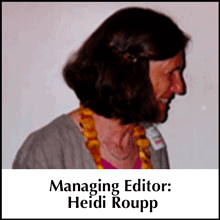
Heidi Roupp is Managing Editor of World History Connected. Heidi taught world history in the Aspen Public Schools for 20 years. She has received Fulbright and Woodrow Wilson fellowships, and the first recipient of the American Historical Association's Beveridge Teaching Prize. During her tenure as president of the World History Association (1998-2000), she organized a nation-wide program of world history institutes for educators preparing to teach world history which was made possible with funding from the National Endowment for the Humanities and the College Board. She is author of Teaching World History (1997), and co-author of Barron's SAT II World History. She is currently executive director of World History Connected, Inc., the parent of this journal. She can be reached at Heidiroupp@aol.com.

Gina G. Bennett is enthusiastic to serve the field as Book Review Editor for World History Connected while holding the position of Assistant Professor of Global Studies and Coordinator of Humanities at Coker University in Hartsville, South Carolina. She earned a doctoral degree from the University of Texas at Arlington in 2020 and specializes in Atlantic History, empire, gender, migration, labor, and economies in the Transatlantic World. Her current work addresses the role of women investors, manufacturers, and migrators who made their way to Panama for The Company of Scotland Trading to Africa and the Indies in the 1690s when Scottish merchants led an attempt to establish a colony for trade in the Atlantic. She is a member of The Hakluyt Society, The Renaissance Society, the Society for the History of Discoveries and has presented at numerous conferences in the United States, the University of Glasgow, and the University of Leiden and was recently interviewed for an episode on her research with BBC Radio Scotland. She has served as panel chair and presented at the World History Association of Texas for several years. She has a book chapter forthcoming titled, “Emerging from Failure: Revealing Early Modern Women’s Relationships to Empire through the Darien Documents” in the edited collection, European Colonial Failures, c. 1560-1800: Early Modern Polities, Overseas Interests, and Empire Building to be published by Amsterdam University Press under the editorial leadership of Lou H. Roper and Joseph Wagoner. Gina G. Bennett can be reached at GBennett@Coker.edu.


